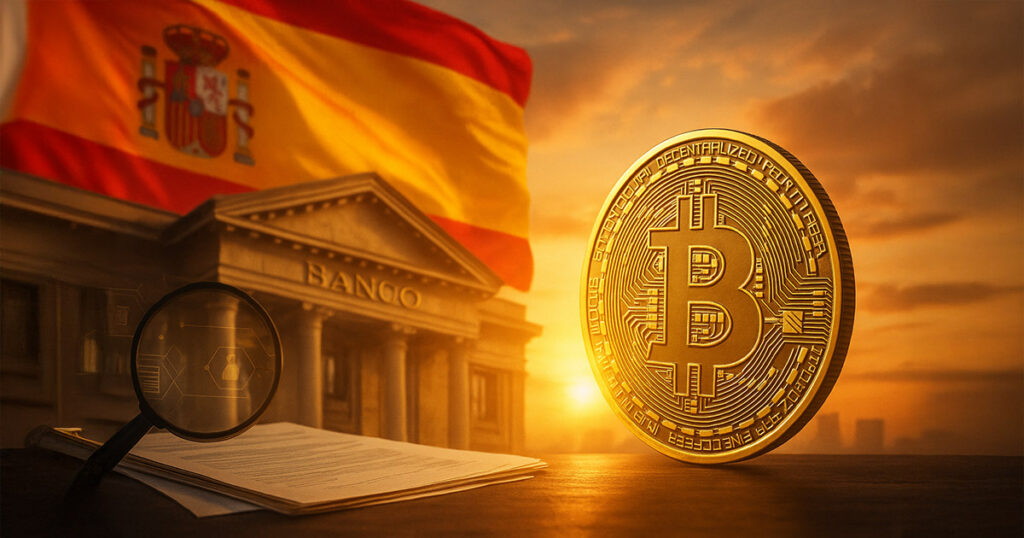The recent update on the Spanish Royal Decree 253/2025 has caused quite a stir, with initial reports causing confusion and misinformation regarding the new regulations. It was falsely reported that individuals would need to give 24-hour notice to tax authorities before withdrawing more than €3,000 in cash, and could face fines of up to €150,000 for non-compliance. However, a thorough review of the official BOE text clarified that the reporting duty falls on banks and fintechs, not individual savers, and the hefty fine applies only to institutions that fail to file the required data.
The decree, which amends Spain’s General Tax Management Regulations, now requires banks, e-money institutions, and card issuers to submit monthly reports on cash deposits, withdrawals, loans, and account balances over €3,000. Additionally, they must report merchant card payments on a monthly basis, and provide annual reports on all card activities. Foreign fintechs serving Spanish residents are also included in these new requirements, which aim to provide the tax agency with more detailed and timely financial information.
Contrary to earlier rumors, there is no obligation for private individuals to notify authorities before withdrawing cash, and they will not face fines under Royal Decree 253/2025. The maximum administrative penalty of €150,000 applies to financial institutions that fail to comply with the reporting obligations. This distinction is important to note, as it clarifies that the focus is on ensuring transparency in the financial sector, rather than penalizing individual savers.
Privacy advocates and proponents of cryptocurrencies like Bitcoin still have concerns about the increased surveillance and data collection that comes with these new regulations. While the decree does not directly impact individual customers, the trend towards greater financial transparency could drive more people towards self-custodied digital assets that offer more privacy and autonomy.
The move by Spain is part of a broader EU effort to combat money laundering, with plans for a pan-EU cash payment cap and mandatory transaction monitoring APIs. Other European countries have already implemented similar measures, and the European Commission is working towards finalizing the rules before the launch of the AMLA in 2026.
In conclusion, while the initial reports may have caused confusion, it is important to understand the true implications of the updated regulations. Spanish savers can still access their funds without pre-filing duties, as the reporting requirements fall on financial institutions. The decree may push individuals towards alternative financial solutions like cryptocurrencies, which offer a level of privacy and control that traditional banking systems may not provide.

